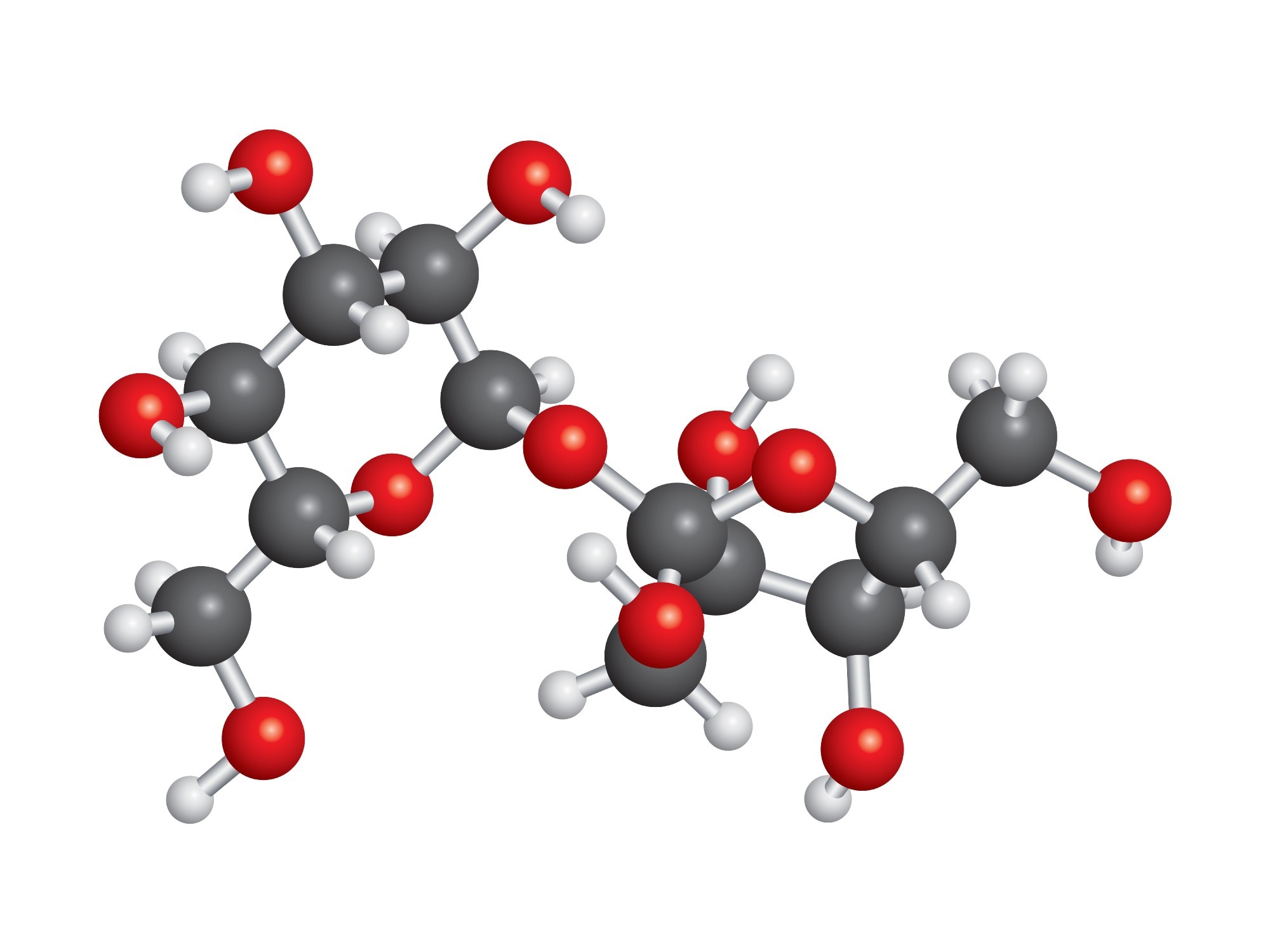Polymers in Building And Construction: Stronger, Lighter in weight, and Extra Durable
Polymers in Building And Construction: Stronger, Lighter in weight, and Extra Durable
Blog Article
Checking Out the Varied Applications and Advantages of Polymers in Different Industries
Polymers, with their varied array of homes and capabilities, have actually become crucial in various markets, each enjoying unique advantages from their application. From improving security and efficiency in the automobile sector to revolutionizing medical tools in the healthcare industry, polymers play an essential function.
Automotive Market Applications
Polymers play an essential function in boosting the performance and sturdiness of various parts within the automotive industry. These functional materials are thoroughly utilized in the manufacturing of different parts, ranging from indoor elements to under-the-hood applications. One popular use of polymers in the vehicle market is in the production of light-weight parts. By changing traditional metal get rid of polymer-based options, lorries can accomplish better fuel effectiveness without compromising on strength or safety.

Medical Care Market Benefits
In various medical care applications, the advantages of utilizing polymers are commonly recognized for their varied series of useful properties. Polymers play a critical role in the health care market due to their adaptability, biocompatibility, and cost-effectiveness. Among the key advantages of polymers in medical care is their capacity to be tailored to particular demands, such as flexibility, resilience, and biodegradability, making them optimal for a large range of clinical applications.
Polymer-based materials are extensively utilized in medical gadgets, such as catheters, implants, prosthetics, and medication distribution systems, due to their biocompatibility and capacity to resemble natural tissues. These products can minimize the threat of allergies or denials, boosting client safety and security and outcomes. Additionally, polymers are lightweight, making them appropriate for wearable clinical tools and making certain person convenience.
Additionally, polymers allow the development of ingenious treatment approaches, such as hydrogels for tissue design and nanocomposites for targeted medicine delivery. Their simplicity of handling and sanitation makes them essential for preserving high requirements of hygiene in healthcare settings. Generally, the diverse benefits of polymers contribute dramatically to innovations in clinical technology and client care.
Environmental Advantages of Polymers

Additionally, polymers can contribute to power savings due to their light-weight nature. In markets such as visit site transportation, light-weight polymer products can aid lower gas usage and greenhouse gas emissions. In addition, polymers can make it possible for the development of energy-efficient products such as insulation materials that boost power preservation in structures.
Additionally, polymers play a crucial role in lowering water pollution. As an example, using polymer-based purification systems can successfully eliminate contaminants and pollutants from wastewater, guarding water resources and ecological communities. In general, the environmental benefits of polymers make them valuable possessions in promoting sustainability and green techniques across various sectors.
Polymers in Electronics and Innovation
Thinking about the boosting need for ingenious and lasting solutions in contemporary sectors, the combination of innovative polymer technologies in the realm of electronics and innovation has emerged as an essential technique for driving effectiveness and efficiency. Polymers have webpage actually revolutionized the electronics market by allowing the production of lighter, extra adaptable, and resilient digital gadgets. From smart devices to clinical gadgets, polymers play a crucial duty in boosting product design and capability.
One considerable advantage of polymers in electronics is their shielding properties, which aid protect delicate digital parts from environmental elements and electric interference. Additionally, polymers are vital in the development of flexible displays, wearable innovation, and published electronics, offering unlimited possibilities for producing smart and interconnected devices.
Moreover, using polymers in digital packaging has actually brought about improvements in miniaturization and thermal management, improving the general performance and dependability of digital systems. As innovation continues to advance, the versatility and flexibility of polymers will unquestionably drive further technology in the electronics market, shaping the future of technology.
Duty of Polymers in Building And Construction and Facilities
Polymers use many advantages in the construction industry due to their flexibility, resilience, and cost-effectiveness. One essential function of polymers in building and construction is their usage in finishes and sealants, supplying protection versus environmental variables such as wetness, UV radiation, and corrosion.
Furthermore, polymers play a critical duty in lasting building practices by making it possible for the advancement of energy-efficient structures. Protecting materials made from polymers aid manage indoor temperatures, lowering the requirement for heating and cooling down systems and ultimately lowering power consumption. Furthermore, the use of polymer-based composites in framework tasks such as bridges and Clicking Here roads enhances their long life and reduces upkeep prices. In general, the incorporation of polymers in construction and facilities showcases their considerable influence on modern design practices.
Conclusion
To conclude, polymers play a vital role in numerous markets such as auto, healthcare, environmental, electronics, and building and construction. Their functional residential properties make them useful in producing ingenious remedies and items. From enhancing gas performance in lorries to improving medical gadgets, polymers use numerous advantages. In addition, their effect on minimizing waste and advertising sustainability highlights their significance in modern applications. The prevalent use polymers demonstrates their considerable payment to advancing modern technology and improving high quality of life.
Report this page